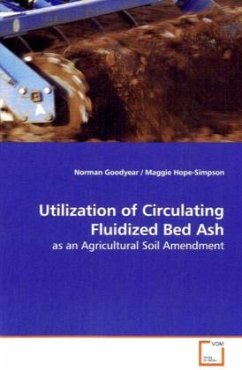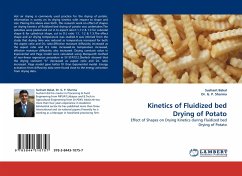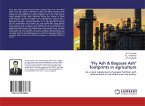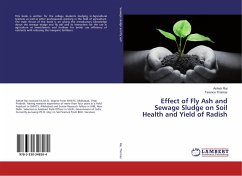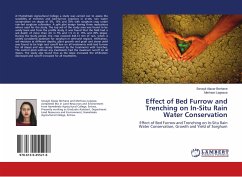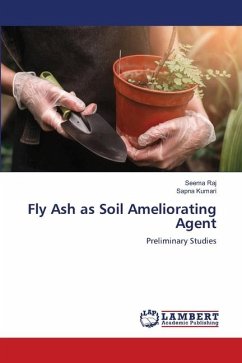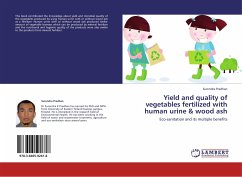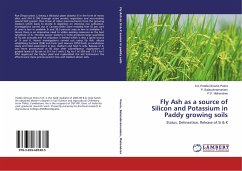The study was initiated to investigate the
feasibility of using CFB ash as a soil amendment
using some of the lime-based minerals in the residue
as a substitute for limestone. The CFB ash, typical
of ash from high sulphur coal-fired fluidized bed
combustors, was found to be an acceptable liming
agent for vegetable crops and mixed forage, with no
significant adverse effects on crop quality or
excessive soil loading of metals. Two years of
testing on turfgrass indicates that CFB ash may also
be used as a fast-acting limestone substitute on
turfs. Within the first year, ash applied at the soil
lime requirement increased very low soil pH to a
range considered optimal for nutrient availability
and crop growth. A high persistence of liming effects
in both ash and limestone treatments suggests that
the materials have comparable residual activity. This
research is of interest to agrologists, waste
management specialists and policy makers.
feasibility of using CFB ash as a soil amendment
using some of the lime-based minerals in the residue
as a substitute for limestone. The CFB ash, typical
of ash from high sulphur coal-fired fluidized bed
combustors, was found to be an acceptable liming
agent for vegetable crops and mixed forage, with no
significant adverse effects on crop quality or
excessive soil loading of metals. Two years of
testing on turfgrass indicates that CFB ash may also
be used as a fast-acting limestone substitute on
turfs. Within the first year, ash applied at the soil
lime requirement increased very low soil pH to a
range considered optimal for nutrient availability
and crop growth. A high persistence of liming effects
in both ash and limestone treatments suggests that
the materials have comparable residual activity. This
research is of interest to agrologists, waste
management specialists and policy makers.

